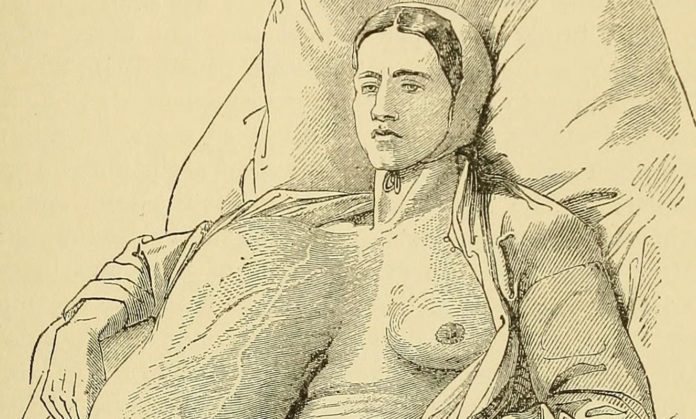A substance found in sea foods, soy etc, asparagine is crucial for metastasis of breast cancer
A protein unit (amino acid) called asparagine is essential for breast cancer spread, and by restricting it, cancer cells stopped invading other parts of the body in mice, according to new research part-funded by Cancer Research UK and published in the journal Nature.
Most breast cancer patients do not die from their primary tumour, but from the spread of cancer to the lungs, brain, bones, or other organs. To be able to spread, cancer cells first need to leave the original tumour, survive in the blood as ‘circulating tumour cells’, and then colonise other organs.
Finding ways to stop this from happening is fundamental to increasing survival.
In future, the scientists believe that alongside conventional treatments like chemotherapy, breast cancer patients could be given a diet in hospital that restricts asparagine to help stop the disease spreading and improve outcomes
Researchers at the Cancer Research UK Cambridge Institute found that blocking the production of asparagine with a drug called L-asparaginase in mice, and putting them on a low-asparagine diet, greatly reduced the breast cancer’s ability to spread.

Asparagine is an amino acid – the building blocks that cells use to make proteins. While the body can make asparagine, it’s also found in our diet, with higher concentrations in some foods including asparagus, soy, dairy, poultry, and seafood.
Researchers were prompted by these mouse studies to examine data from breast cancer patients. These data indicated that the greater the ability of breast cancer cells to make asparagine, the more likely the disease is to spread. In several other cancer types, increased ability of tumour cells to make asparagine was also found to be associated with reduced survival.
In future, the scientists believe that alongside conventional treatments like chemotherapy, breast cancer patients could be given a diet in hospital that restricts asparagine to help stop the disease spreading and improve outcomes. Their findings also suggest this could have implications for other cancer types, including kidney, and head and neck cancers.
Professor Greg Hannon, lead author of the study based at the Cancer Research UK Cambridge Institute, said: “Our work has pinpointed one of the key mechanisms that promotes the ability of breast cancer cells to spread. When the availability of asparagine was reduced, we saw little impact on the primary tumour in the breast, but tumour cells had reduced capacity for metastases in other parts of the body. This finding adds vital information to our understanding of how we can stop cancer spreading – the main reason patients die from their disease. In the future, restricting this amino acid through a controlled diet plan or by other means could be an additional part of treatment for some patients with breast and other cancers.”
Professor Charles Swanton, Cancer Research UK’s chief clinician, said: “This is interesting research looking at how cutting off the supply of nutrients essential to cancer’s spread could help restrain tumours. Interestingly, the drug L-asparaginase is used to treat acute lymphoblastic leukaemia which is dependent on asparagine. It’s possible that in future, this drug could be repurposed to help treat breast cancer patients.”


